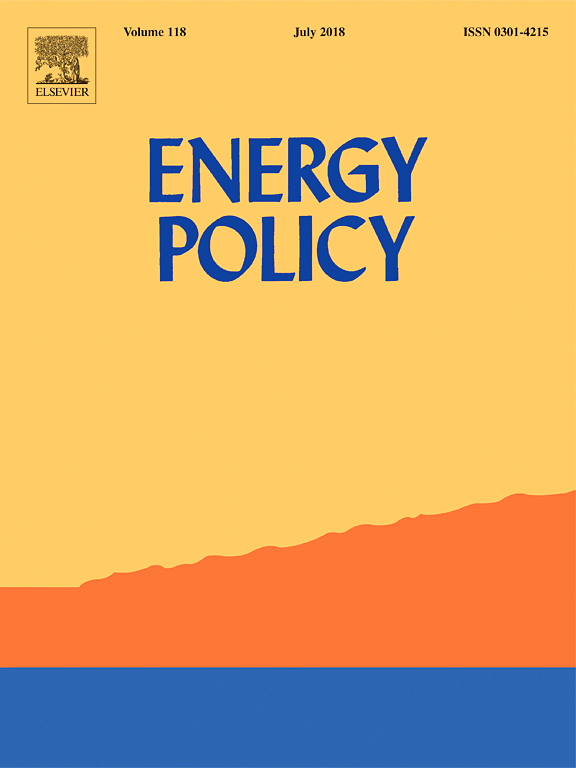Great start to 2021! Congratulations to my former URECA student, Rui Xiong, and research fellow, Dr Agnes Chuah for publishing our new article about Singaporeans’ perceptions of having a nuclear research reactor in Energy Policy . In addition, I’m glad that my research on competitive and complementary framing on public attitudes toward driverless cars has been accepted by the International Journal of Public Opinion Research.
Here’s a sneak preview of our articles:
1. Ho, S. S., Xiong, R., & Chuah, A. S. F. (in press, 2021). Heuristic cues as perceptual filters: Factors influencing public support for nuclear research reactor in Singapore. Energy Policy.
Abstract:
Nuclear energy is an important consideration for decarbonisation. However, for Singapore – a country at the nascent stage of nuclear energy development – the building of a nuclear research reactor could be a precursor to a full-fledged nuclear energy plan. Guided by the cognitive miser model and the knowledge deficit model, this study examines factors shaping public support for the use of a nuclear research reactor for medical purposes. In particular, we seek to understand how different types of knowledge could affect public support for the use of a
nuclear research reactor in an island city-state. Based on the data from a nationally representative door-to-door survey of 1000 adult Singaporeans, we found that the public mainly depend on heuristics, such as religiosity, benefit perception, and trust in relevant authorities, to form attitudes towards the use of a nuclear research reactor, revealing a tendency to employ mental shortcuts for decision making. More importantly, we found that heuristics
moderated the effect of contextual nuclear knowledge on public support for the use of a nuclear research reactor. This indicates that individuals might interpret the same information differently, depending on their firmly held beliefs or pre-existing perceptions.
2. Ho, S. S. (in press, 2021). Complementary and competitive framing of driverless cars: Framing effects, attitude volatility or attitude resistance? International Journal of Public Opinion Research.
Abstract:
This study answers two research questions regarding framing theory. First, what happens when frames are challenged? Second, how resistant are the opinions that initial frames induce? 1,006 participants completed an online experiment where they were randomly assigned to first view a blog post with either complementary or competitive framing on driverless cars. Participants also viewed a blog post that challenged the stance of the first blog post. Results revealed that complementary frames polarized opinions, while competitive frames neutralized framing effects. Competitive frames induced more resistant opinions than complementary frames did. Attitude and support were susceptible to new, antagonistic information. This study concludes that framing effects are ephemeral and easily challenged by different information.

